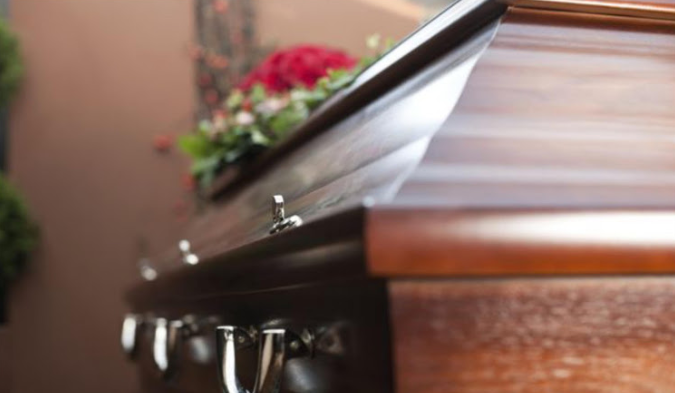In a horrific development in Zimbabwe, a family spent five days with their daughter-in-law’s corpse as her family demanded lobola.
Mourners were forced to abandon the corpse in the kitchen and sleep outside as the corpse had started decomposing.
Tendai Gwehama (32) of Chirangano Village in Mazetese communal lands died last Friday but was only buried on Tuesday afternoon after police intervened.
Gwehama’s relatives demanded that her husband, Godfrey Hove (33) pays four beasts as compensation for non-payment of lobola for their daughter and R3 000 (K138,000).
Gwehama’s corpse which was not in a coffin was left in her matrimonial kitchen for the duration of the dispute.
The family only allowed their daughter to be buried after they took three goats, a beast, and an ox-drawn plough.
According to Shona custom, close relatives of a deceased person are the ones supposed to mark the burial place and preside over the burial.
Masvingo provincial police spokesperson Chief Inspector Charity Mazula said they managed to negotiate for the body to be buried.
Chief Inspector Mazula said: “We want to warn the public that actions like this will see them being charged. Whenever there are such disputes, the deceased person(s) should be buried first and then the families can discuss their issues thereafter.”
Speaking to The Herald, a distraught Mr. Hove said he was relieved. He confirmed his late wife’s family took some property after he failed to meet their demands.
He said: “I tried to engage my in-laws to no avail as they were adamant that they wanted me to pay lobola before they could bury my wife. They took away three goats, a cow and an ox-drawn plough and left after only marking the grave where my wife was supposed to be interred. They then left saying we should complete the rest of the rituals on our own, but we could not bury the body in the absence of close relatives.”




